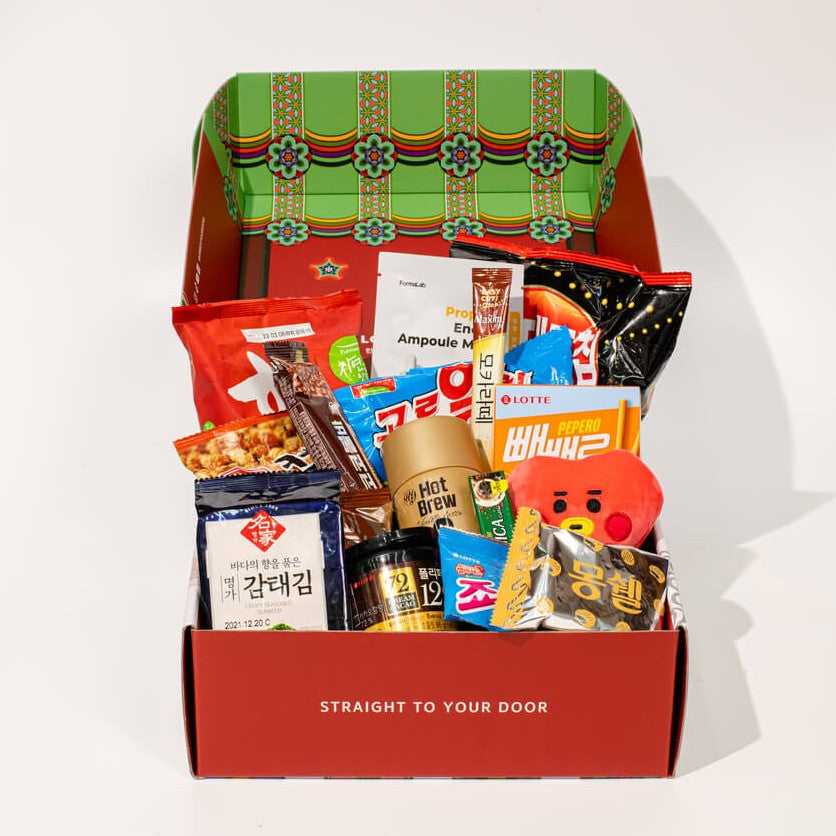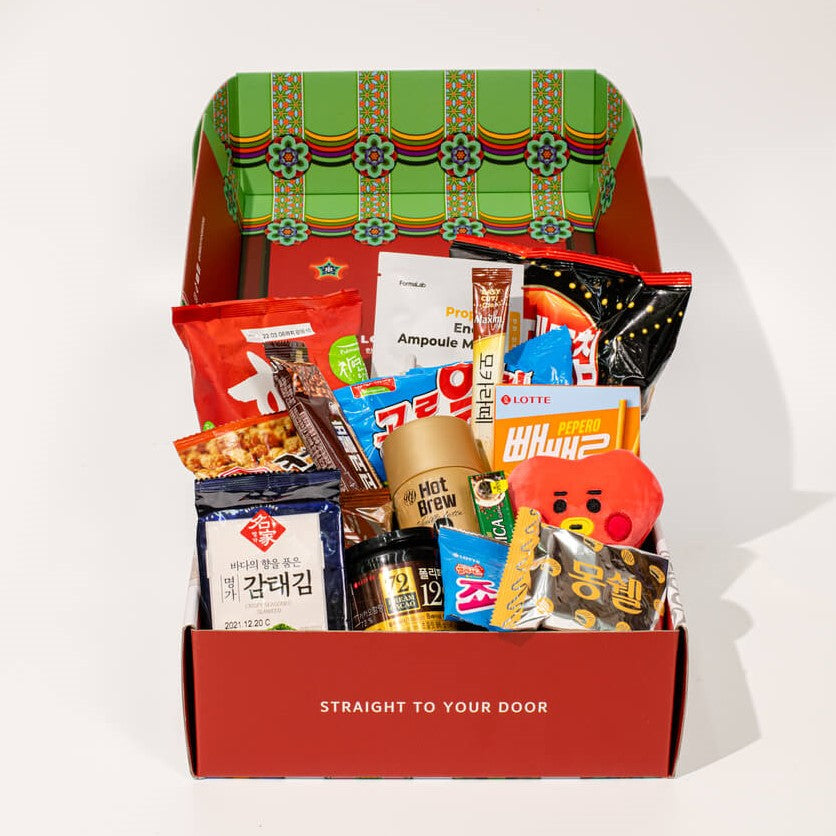The three key pillars of Korean culture that most of us are familiar with are K-pop, K-dramas, K-beauty and maybe what sucked us into the vortex (face it, its inescapable) in the first place. Korea has much more to come, however, with its rich historical and cultural fabric. Here's a handy guide to some of the cultural highlights Korea plays host to if you are considering a trip to Korea or are merely interested in delving deeper beyond the surface. Both traditional or modern, everyone has something for them!
Seollal

Because it is the Korean New Year, Seollal is another of Korea's most significant holidays. Celebrated on the first day of the lunar calendar, Seollal was held next year on February 12.
Koreans pay homage to their ancestors at Seollal and spend time with their relatives. Anything, of course, in their favorite piece of traditional hanbok attire! Fun fact: the unique hanboks (seolbim) on Seollal are worn. To usher in good luck, these are in brighter and more vivid hues than usual hanboks.
However, Hanbok isn't the only item on Seollal that takes on unique significance. Often laced with cultural significance is the food served during the New Year feast. On Seollal, you are believed to add a year to your age by enjoying a bowl of tteokguk, a popular soup made with sliced rice cakes and other ingredients.
And once everybody is unofficially one year older, the younger generations in the family take turns as a show of appreciation by making a deep bow (sebae) to their elders. In the form of New Year's money (sebaetdon), the elders return the goodwill by offering blessings and a little gift.
Healthy diet and goodwill-check! And what is next? Well, nice fun, obviously. Some of the funny traditional games that families bond over are Korean board games like yutnori and Korean hacky sack (jegichagi).
Chuseok

Chuseok is one of the largest harvest festivals in Korea, known as Korean Thanksgiving Day, which traditionally coincides with the autumn equinox. Chuseok falls on September 21 next year and will be observed from September 20 to 22 over three days.
Aside from celebrating a bountiful harvest season, Chuseok is also a time for family reunions, as Koreans during this era frequently travel back to their hometowns. Families don their traditional apparel (hanbok) on the morning of Chuseok and hold memorial services for their ancestors, during which they gather for a yummy feast. And for the record, before these staples take a turn on the dining table, it's not a proper Chuseok feast: Korean rice cakes (songpyeon), Korean pancakes (jeon), Korean pears!
Here comes a new sort of feast with your bellies full, one for your senses. Without conventional Korean folk entertainment, the celebration of Chuseok would not be complete. Some of the common choices for Koreans, young and old, to participate in are mask dances (talchum), Korean circle dances (ganggangsullae), and Korean wrestling (ssireum).






